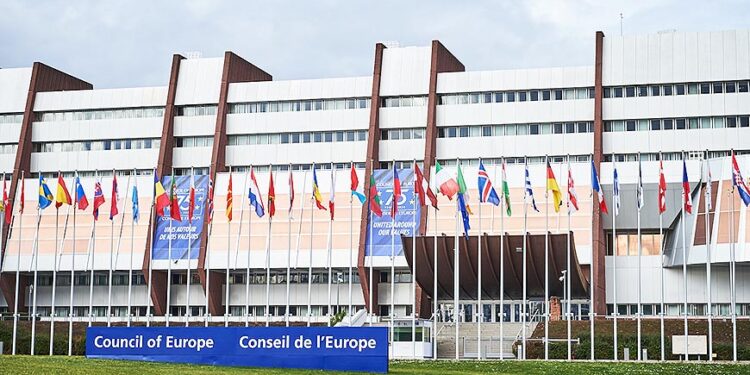The Congress of Local and Regional Authorities of the Council of Europe has adopted a resolution addressing rising concerns over local and regional democracy in Georgia. The resolution is supported by 101 members with 10 against and three abstentions, which emphasized the democratic backslide and local restrictions on political pluralism.
As the Congress declared, growing political polarization in Georgia has led the country to a considerable deterioration in local democracy, especially after the disputed 2024 parliamentary elections. The resolution states that these elections, rejected by all opposition parties and criticized by international and domestic observers, made political divisions even more pronounced than before, whereas the EU’s decision to halt Georgia’s accession process destabilized the situation further.
“The lack of dialogue between the authorities and opposition has resulted in a de facto absence of political pluralism, even in municipal councils,” the Congress touched upon the marginalization of the opposition, the situation which, as it said, has led to a concentration of power within the ruling party.
The resolution also criticized the Georgian government’s actions regarding civil society, pointing to increased pressure and stigmatization of NGOs and independent media. “Following the adoption of the Law on Transparency of Foreign Influence, intimidation against dissenting voices has escalated, undermining freedom of expression and association,” the document states.
The Congress condemned law enforcement responses to peaceful demonstrations, particularly in Tbilisi, and raised concerns over amendments to laws governing public assembly. It cited the Venice Commission’s assessment that recent legal changes have introduced “vague and broadly framed provisions, granting authorities excessive discretion in their application.”
The resolution has emphasized increasing reports of political interference in public administration, with individuals claiming their dismissals were due to their political views. The Congress also criticized frequent amendments to Georgia’s local election framework, stating that over 20 changes had been made since the last elections without broad consultations, which “undermines the principle of electoral stability.”
The Congress required its Monitoring Committee to keep evaluating Georgia’s electoral conditions and postponed a scheduled review of the country’s compliance with the European Charter of Local Self-Government until after the upcoming local elections. It also demonstrated readiness to conduct fact-finding missions for assessing the human rights situation in the country.
At the end, the Congress expressed its commitment to ongoing dialogue with the Georgian delegation to ensure compliance with its recommendations, a necessary part to revive international confidence in the country’s democratic institutions.














